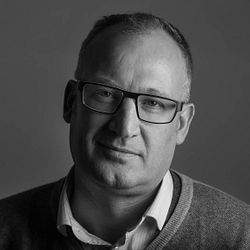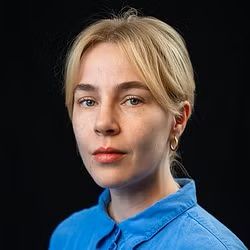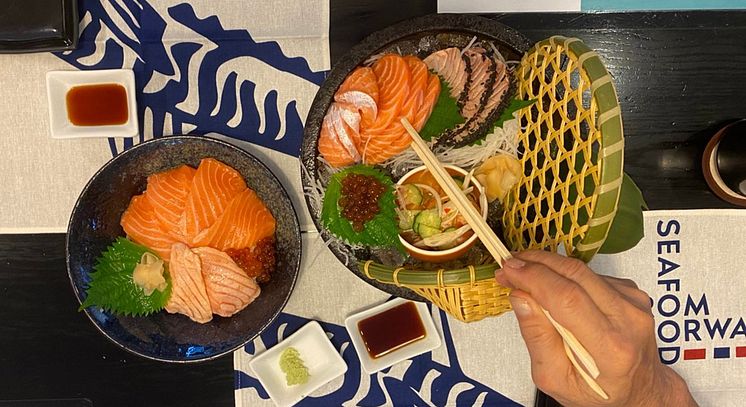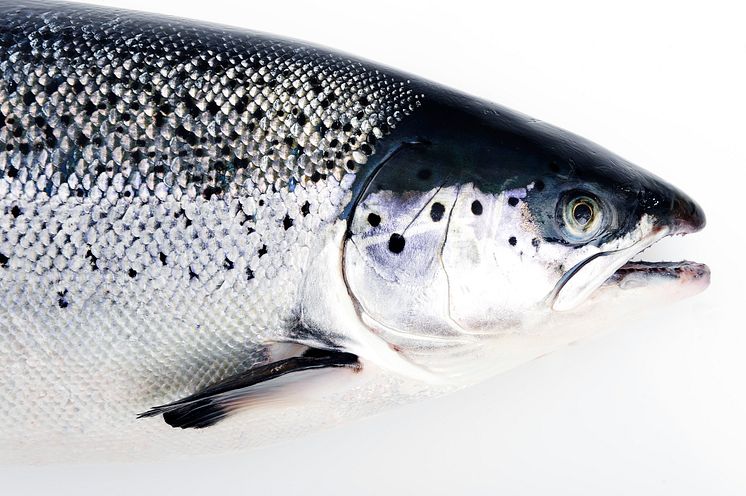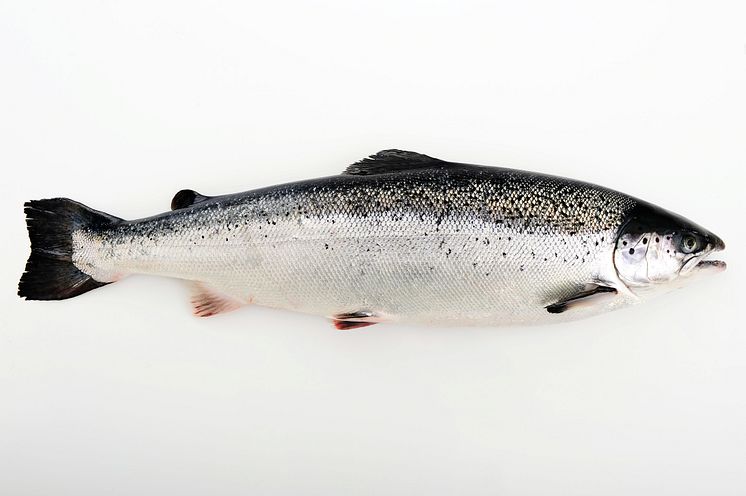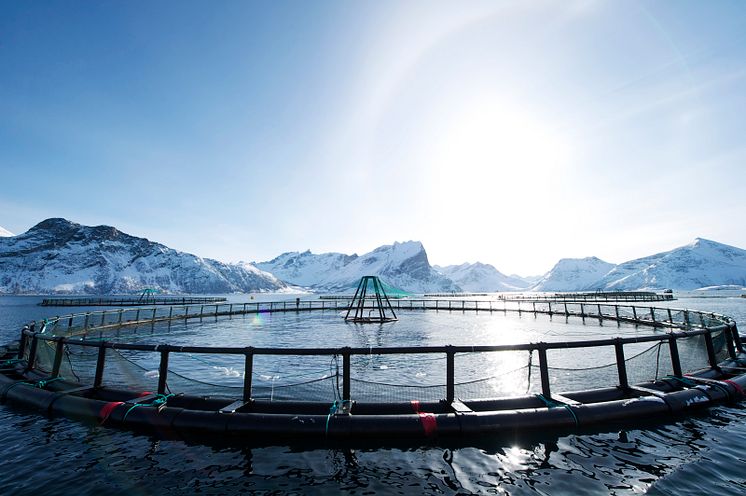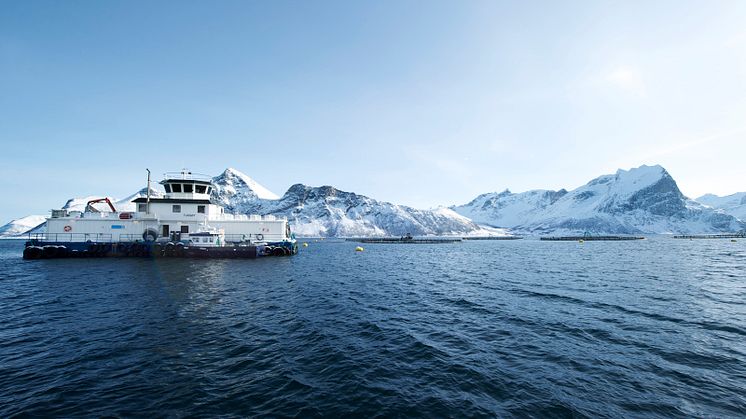
Press release -
Norwegian salmon is deforestation-free says new report
The Norwegian salmon farming industry has set a global example by supporting their suppliers of Brazilian soybeans – widely used in salmon feed – to become 100% deforestation- and conversion-free.
A newly published report, by an independent auditor in Brazil, states that the suppliers of Brazilian soybean to Norwegian salmon have accomplished their goal of a deforestation and conversion free supply chain.
Link to download report below.
Norwegian salmon has been fed only certifiably non-deforestation grown soy for many years, but the industry recently joined forces to use market power to drive broader change and end the trade of deforestation soy to other industries as well. The report confirms that the strategy, announced last year, has been a success.
Norwegian salmon sets higher standard for sustainable feed.
Norwegian salmon setting an important example for others to follow
The collaboration between Norwegian industry players to demand deforestation-free value chains has been described as a game changer in Brazil.
The Rainforest Foundation welcomed the report findings and highlighted the importance of private sector companies getting actively involved in solving the deforestation issues haunting the soy industry.
In an interview with Norwegian business news media E24, their spokesperson also urged other food producers to follow in the Norwegian salmon industry’s footsteps.
Read more in the joint release from the Norwegian salmon feed producers.
Certifiably deforestation-free soy
Brazilian soybean farmers are regulated by the international certification body ProTerra Foundation, which established a rigorous monitoring and verification method to prove that farmers who remove any forest would not be allowed to sell soy to the suppliers.
Satellite techniques and embargo lists were used as ways to monitor activity, according to the audit report, which confirms that the soy supply chain has become deforestation- and conversion-free. The audit also checked that farmers were not involved in slavery or illegal labour, and that there was no agriculture overlaps with indigenous lands.
Norwegian salmon - a driving force for better
“This is another example of how Norwegian salmon producers lead the way, going above and beyond on sustainability and sustainable practices, right along the supply chain,” says Renate Larsen, CEO of The Norwegian Seafood Council. “We are proud to represent an industry that works so hard for positive change – and succeeds in being that driving force for better for all.”
“This proves that we can do more to protect the environment by working with our partners in Brazil, than just walking away and boycotting soy,” adds Leif Kjetil Skjæveland from Skretting, on behalf of the Norwegian fish feed producers.
“We were punching above our weight here. Even combined, we are not a big player in the Brazilian soy market, but our joint efforts have made a complete value chain 100 percent deforestation- and conversion-free. Now we need to show our support so this important effort continues.”
ends
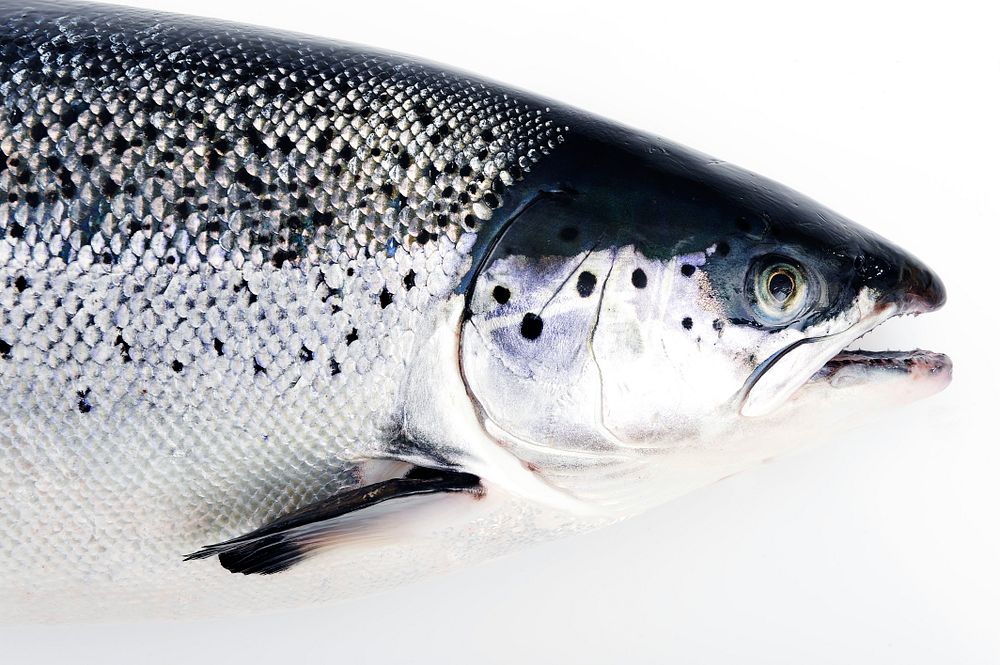
*ProTerra Foundation is a not-for-profit organisation that advances and promotes sustainability at all levels of the feed and food production system. A commitment to full transparency and traceability throughout the supply chain and concern for corporate social responsibility is at the heart of everything it does. Independent third party certification is central to the Foundation, and brings together stakeholders from all parts of the supply chain.
Notes to editors:
Three companies deliver soy to the Norwegian salmon industry. Two of them, Caramuru and CJ Selecta, have undergone the audits. The third company, Cervejaria Petropolis-Imcopa, is currently undergoing the audit. The auditor observed no non-conformity, only improvement opportunities.
Related links
Topics
Categories
The Norwegian Seafood Council works with the Norwegian fisheries and aquaculture industries to develop markets for Norwegian seafood through local market intelligence, market development and reputational risk management. The Seafood Council is headquartered in Tromsø and maintains local representatives in twelve of Norway's most important international markets. The Norwegian seafood industry finances the activities of the Norwegian Seafood Council via a tariff on all Norwegian seafood exports.
The Norwegian Seafood Council is a public company owned by the Ministry of Trade, Industry and Fisheries.


